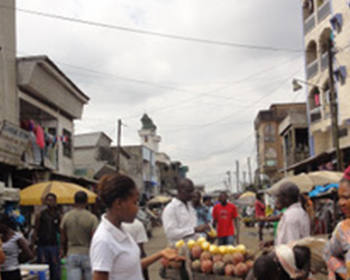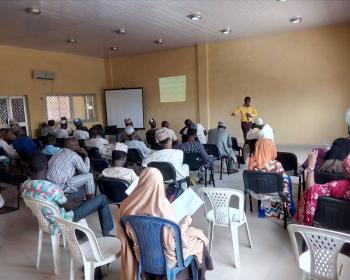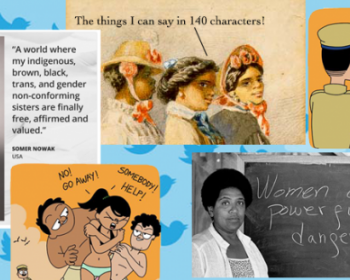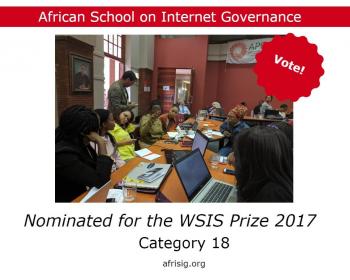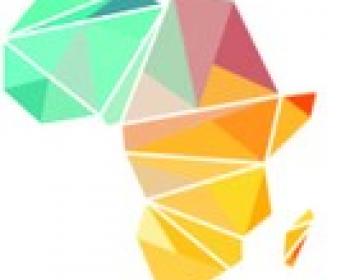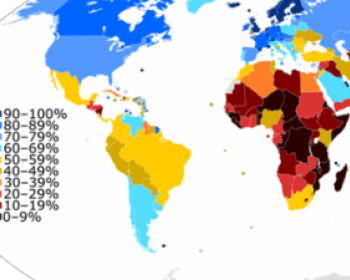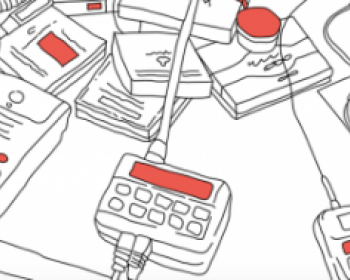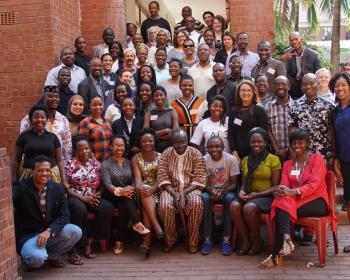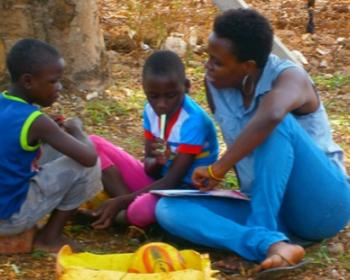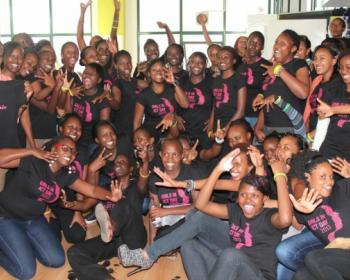Africa
Do you remember why you went online for the first time in your life? This is my favourite question that you may not have yet thought about – but it reflects the starting point in becoming a netizen.
The Centre for Information Technology and Development (CITAD) held the second round of an internet safety and security workshop series in March 2017. The workshop, held at the NISTF Hall, Kano, was attended by 55 people including journalists, civil society activists, teachers and leaders of students for peace clubs supported by CITAD in tertiary institutions. Explaining the objectives of the workshop, Abdulganiyyu Rufai, programmes associate at CITAD, said that it had become necessary to rais...
Twitter provides people with a platform to share their opinions, to interact with like-minded people (not always), and to communicate in real-time and on a global scale. Although Twitter has its downsides (trolls, for example), in this article I’m going to focus on the positives and identify 10 ways I believe feminist activists can make the most out of Twitter to achieve their goals.
The voting for the WSIS Prize 2017 is open and APC is part of three of the nominated initiatives. The awards evaluate and recognise individuals and groups for outstanding success in implementing strategies that leverage the power of ICT as an enabler of development.
FIFAfrica convenes various stakeholders from the internet governance and online rights arenas in Africa and beyond to deliberate on gaps, concerns and opportunities for advancing internet freedom on the continent.
Affordability is one of the primary barriers to internet access, and particularly to optimal use. Knowing this fully from our previous research, Research ICT Africa (RIA) conducted focus groups in Kenya, Nigeria, South Africa and Rwanda in November 2016.
This comparative country study, based on focus groups conducted in November 2016 in Kenya, Nigeria, Rwanda and South Africa, sought to develop evidence of why people use the internet the way they do, specifically when their data is subsidised.
AfriSIG is a multistakeholder training initiative that aims to give Africans from diverse sectors and stakeholder groups the opportunity to gain knowledge and confidence to participate effectively in internet governance processes and debates.
Helen Nyinakiiza, a digital security trainer for human rights defenders and consultant for Amnesty’s Panic Button project, recently joined the APC network as an individual member.
Judith Owigar is a coder, a blogger and a tech enthusiast. She has worked with Akirachix, a revolution for African women and technology. She is a native of Kenya, a country off the coast of East Africa, one of its 40 million inhabitants.

Association for Progressive Communications (APC) 2022
Unless otherwise stated, content on the APC website is licensed under Creative Commons Attribution 4.0 International (CC BY 4.0)



